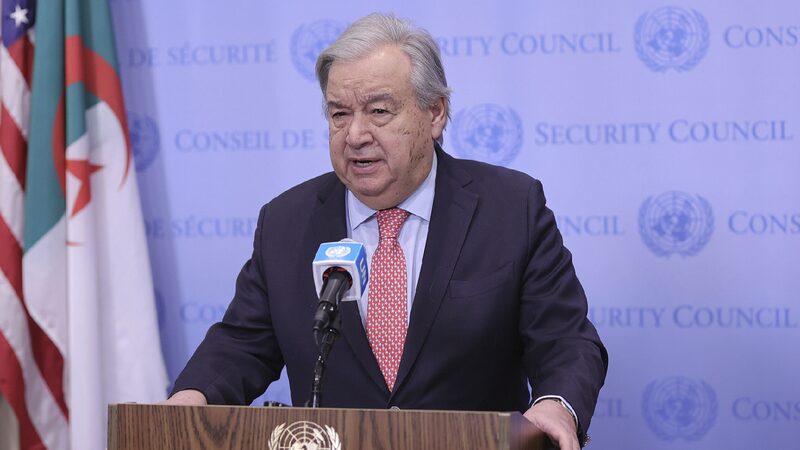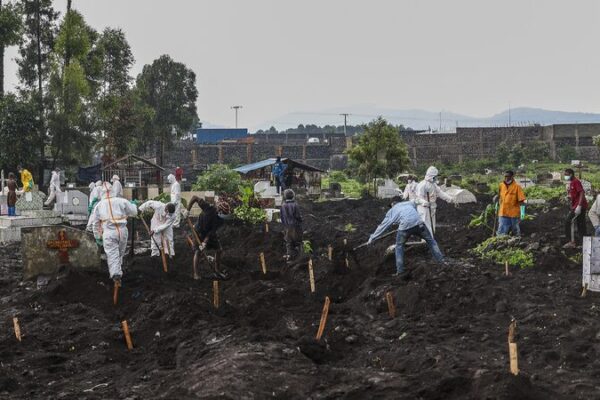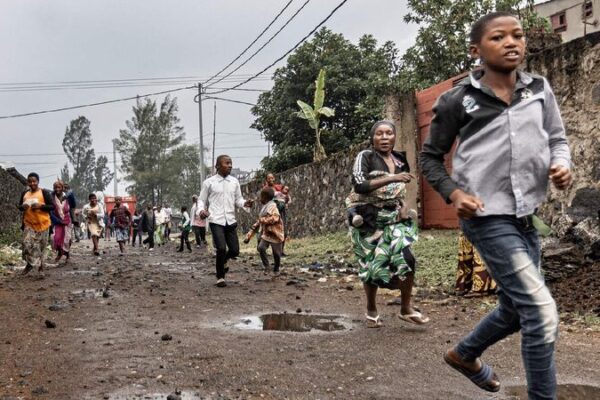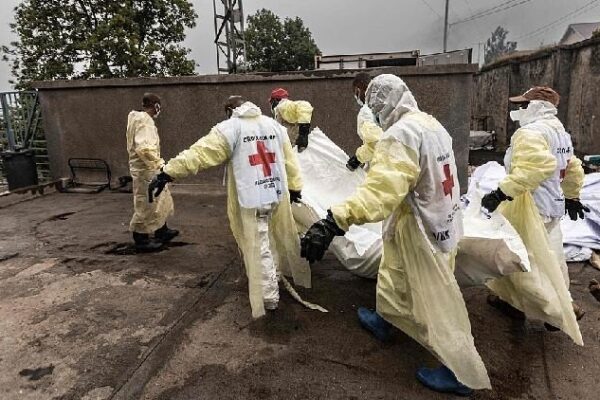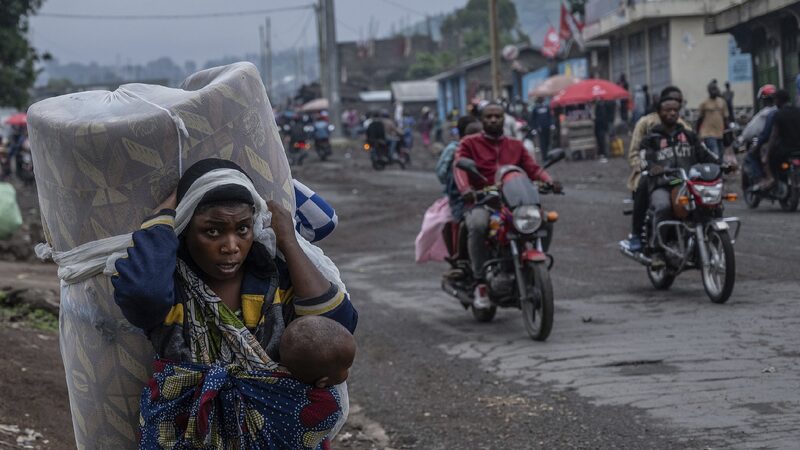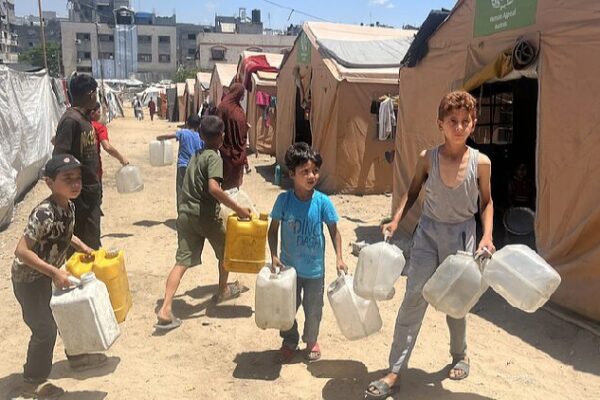Violence is surging in South Kivu Province of the Democratic Republic of the Congo (DRC), forcing thousands of people to flee their homes amid escalating unrest.
According to the United Nations Office for the Coordination of Humanitarian Affairs (OCHA), a recent bombing in the town of Nyabibwe injured three civilians and damaged power infrastructure. Nyabibwe is located about 60 kilometers north of the provincial capital, Bukavu.
Clashes continue to erupt across South Kivu, triggering mass displacement and causing civilian casualties. Thousands are fleeing active combat zones, heading towards Bukavu, which is now under threat of an attack by the March 23 Movement (M23) rebel group.
“The situation is dire,” said a spokesperson for OCHA. “We are witnessing a significant increase in the number of people on the move, seeking safety from the violence.”
In neighboring North Kivu Province, conditions remain unstable despite a decrease in hostilities around the occupied city of Goma. UN humanitarian partners reported that three non-governmental organization (NGO) workers were killed in a bombing on Wednesday, leading to the suspension of food and agriculture assistance in the area.
Nearly 33,000 people have returned to villages in Nyiragongo Territory, immediately northeast of Goma, according to OCHA estimates. However, many medical facilities in North Kivu were destroyed during earlier fighting, and those that remain are struggling to resume operations.
The World Health Organization (WHO) reported shortages of essential medicines, with health workers either absent or overwhelmed. Outbreaks of infectious diseases such as cholera, malaria, measles, meningitis, mpox, and tuberculosis pose additional threats to the vulnerable population.
Between January 1 and 27, nearly 600 suspected cholera cases and 14 deaths were reported in North Kivu. Disruptions to the water supply in Goma have forced residents to rely on water from Lake Kivu, increasing the risk of waterborne diseases.
The WHO has deployed emergency medical supplies, hygiene and water treatment kits, and tents to increase hospital capacity by 1,000 beds. However, supplies are being rapidly depleted, and more resources are urgently needed to address the growing humanitarian crisis.
Reference(s):
cgtn.com
